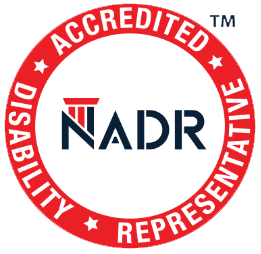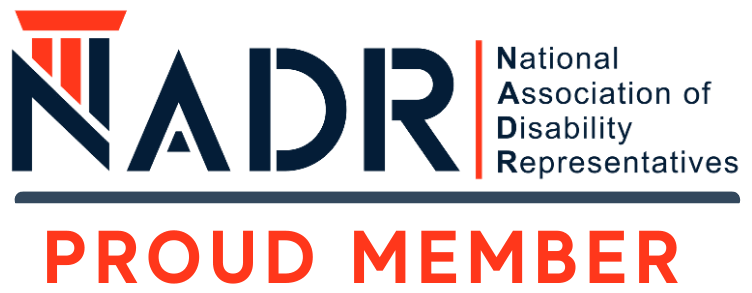Can You Work After Having a Stroke?
When you think about someone who has had a stroke (also called: cerebrovascular accident), you may picture an older person. While it is true it is common in the elderly, some stroke victims are still of working age. According to Stanford Health, as many as 10% of those stroke victims are younger; Saebo and others put it higher at 20%. Strokes don’t always result from something going wrong in your body. They can be due to accident-caused brain injuries or medical malpractice.
A stroke is a medical emergency that can impact every aspect of your life. For example, it can mean weeks or months off of work or, in extreme cases, never returning to your job again. You may be wondering when you can return to work after a cerebrovascular accident. If you can’t go back to work right away or at all, what are your options?
The physical side effects of having a stroke can include difficulties speaking, walking, swallowing, or even difficulty even using half of your body. Many stroke survivors find themselves fighting depression, especially if they can’t return to work after a stroke.
Should You Return to Work?
After a stroke, you may need physical or speech therapy (potentially both). Recovery can be a long process, perhaps up to six or eight months. However, that timespan also varies by individual. Whether you should return to work after a stroke depends on your circumstance. You should also take into account the severity of your stroke and your occupation before considering a return to work. In sum, every case is different.
If You Return to Work After a Stroke
After having a stroke, if you do return to work your employer is not allowed to discriminate against you for any disabilities you have (related to your stroke or otherwise). If you have a disability, your employer must provide you with reasonable accommodations per the Americans Disability Act. Harassment and victimization based on disability are technically discrimination and thus illegal.
If You Can’t Return to Work After a Stroke
For various reasons, it may not be possible for you to return to work after a stroke, perhaps not immediately, perhaps not ever. What then? If your stroke leaves you disabled and unable to work, you may be eligible for Social Security Disability Insurance (SSDI) or Supplemental Security Income (SSI).
The first step would be to determine your eligibility. The general requirements for disability benefits are that 1) you meet the Social Security Administration’s definition of disability and 2) Social Security must have covered the jobs you worked.
If you are eligible, filing a claim can be a frustrating process. Even if you qualify and file a claim, SSDI may deny your claim. The process can be a long one (it could take up to two years in the state of Maryland).
Can You Work at All and Receive SSI or SSDI?
You may be wondering if you can work part-time during the process of filing for disability or after you receive it. How much you earn and how the work you do is performed will determine if it will affect your SSDI or SSI eligibility.
Get Help with the Process from DSS
If you are facing the bewildering maze of a disability claim, we can help you. At Disability Support Services (DSS), we have a dedicated team of attorneys, disability representatives, and specialists with extensive experience and knowledge. We know each case is different, and we can help you at any stage of the claim一filing, hearing, and appeal (if your claim got denied). Contact DSS today and see how our dedicated team can help you.



